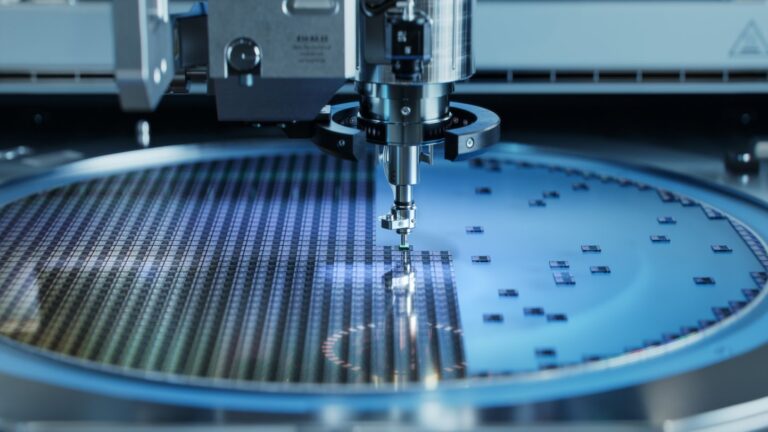Building on recent moves to improve domestic manufacturing resources for semiconductors, the Biden-Harris Administration has unveiled a new partnership with GlobalWafers to bolster domestic chip production.
This milestone, part of president Biden’s broader “Investing in America” initiative, aims to strengthen the nation’s semiconductor supply chain, echoing recent efforts to enhance technological independence.
Following the administration’s deals with TSMC in Arizona and Polar Semiconductor, this latest agreement underscores a concerted effort to localise critical technology production. The collaboration with GlobalWafers, valued at up to US$400 million (c. £307m) under the CHIPS and Science Act, is set to establish the first US source of 300mm silicon wafers, essential for advanced chip manufacturing. These wafers are integral to supporting a wide array of technologies, from consumer electronics to national defence systems.
The partnership marks a significant stride towards revitalising America’s semiconductor industry, according to US secretary of commerce Gina Raimondo. “By securing a domestic supply chain for silicon wafers, we’re not only creating more than 2,000 jobs across Texas and Missouri but ultimately lowering costs and improving economic and national security for Americans,” Raimondo emphasised.
The proposed investment will fund the construction of new manufacturing facilities, generating 1,700 construction jobs and 880 permanent manufacturing positions. Sherman, Texas, will house the nation’s inaugural 300mm silicon wafer facility, crucial for producing cutting-edge chips, while Peters, Missouri, will develop a facility dedicated to 300mm silicon-on-insulator wafers, vital for demanding defence and aerospace applications.
Furthermore, GlobalWafers plans to repurpose part of its Sherman facility to manufacture silicon carbide epitaxy wafers, pivotal for electric vehicles and clean energy infrastructure. The initiative also includes robust educational partnerships aimed at nurturing a skilled semiconductor workforce.
The CHIPS for America programme, a cornerstone of president Biden’s economic strategy, has already committed over $30 billion (c. £23bn) to revitalise the semiconductor sector. The administration aims to position the US as a global leader in semiconductor manufacturing by the end of the decade, reducing reliance on overseas supply chains and ensuring long-term economic resilience.
As the Department of Commerce continues to evaluate applications under the CHIPS and Science Act, additional partnerships and investments are expected to follow, further cementing America’s role in the future of technology.








